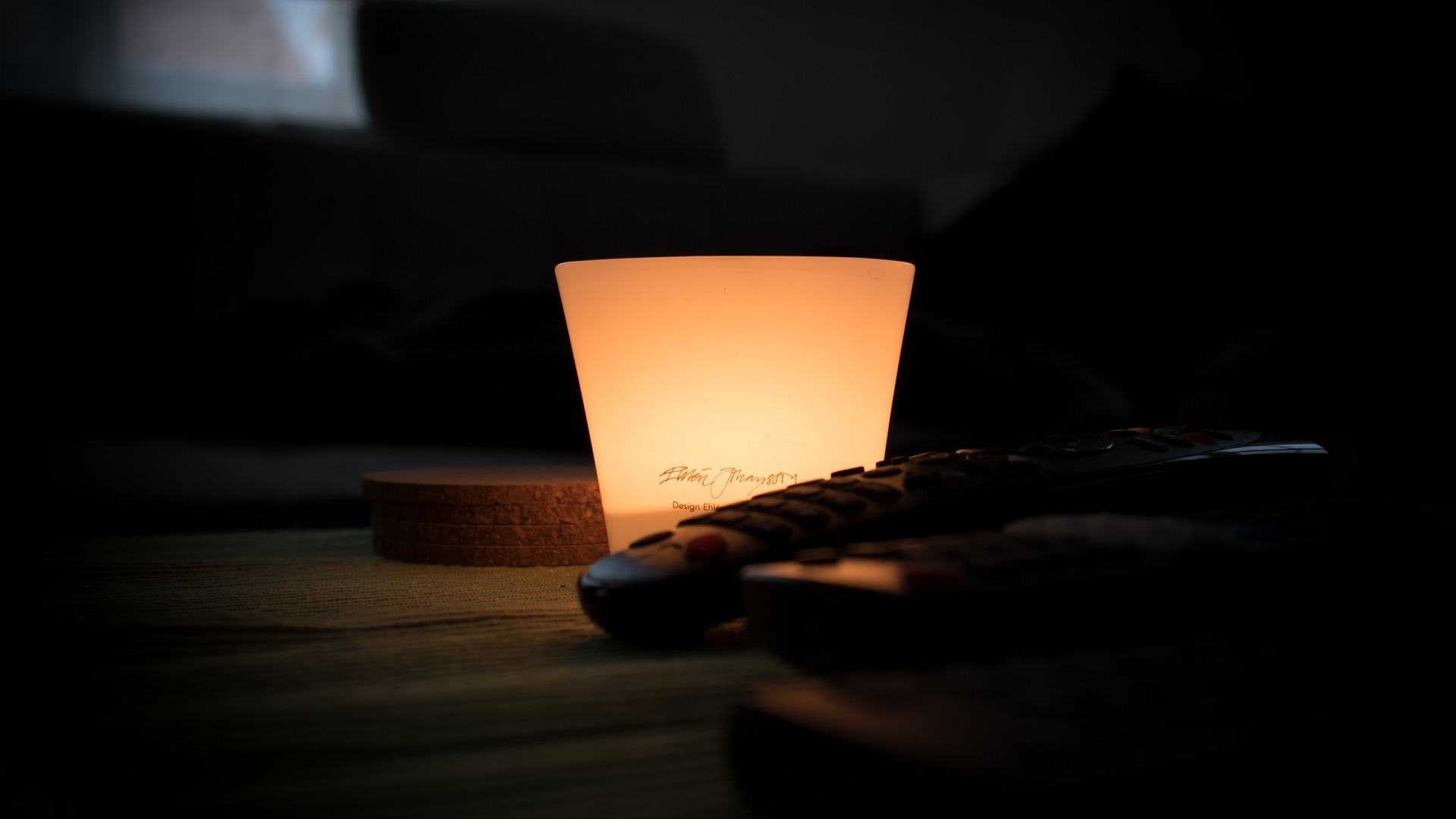Depression, anxiety, melancholy. Tough to suffer from, tough to be around, tough to know how to help.
Having recently navigated an episode of depression, low mood, (call it what you will), I wanted to share what I find useful in working through and out of an episode without harming myself, my prospects or those around whom I love.
This is part of a larger conversation around depression and anxiety. Valuable insight is available, from William Styron’s personal account to numerous helpful infographics and articles. This article is my joining in that effort of community support.
By no means an exhaustive list, the points may not even be relevant to anyone beyond myself. But if they are, and they help you or someone you know, then they are worth putting out there.
1. Put things in order
A former housemate swears by the adage: ‘tidy space; tidy mind’. In this logic, comfort comes from seeing a room is ordered. Acting as an external representation of that unseeable internal landscape of your mind, that organised space lessens the fears of surprise or threat that may spring at any moment to prove those dangerous thoughts of failure and self-hate right.
And as the objects are organised and ordered, so may your thoughts become discrete manageable and tidy-able entities—less fractious demons, more obedient books on a shelf.
Touching, seeing and organising objects is cathartic and therapeutic. Holding real objects with their weight and density helps create a connection back to the ‘real-world’. Like the talismans in the film Inception, they offer the sufferer of depression an understanding that there can be a way out or simply that there is another reality of which they are still part, willingly or otherwise.
2. Counter the core insecurity
For me, this moment is always given away by a smile that rises through me and won’t be prevented from showing. Or sometimes it is the tears and a willingness to become defenceless to them.
This is where the core insecurity of the depression is faced down with love, empathy and understanding. It is the moment that you feel understood and not the isolated, hopeless emotional hermit you have felt all day/week/month.
Finding that is depression’s golden egg.
Crucially, in that moment I am able to experience something other than the dull drone of melancholy, even if it is only for a moment. That makes the episode of depression only a part of my existence, instead of the overwhelming whole it can feel from inside. This moment counters the tyrannical power of those wild and dangerous depressive thoughts and makes them only thoughts. Thoughts are vulnerable to logic and reason, and from there is a way back.
It is a crack through which the light gets in (thank you, Leonard Cohen).
I can’t say what it will be for you or anyone else as I can’t even say for sure what it is for me. If you can talk about the core insecurity (if there is such a thing) when outside of an episode, it’ll make the trial and error easier, though not absent it entirely.
3. Allow time and take your opportunities
Depression, like anything else, has its own cycles and requires time. While it may seem like depression can break all of a sudden, the cycle is usually a slow and complex affair.
Everyone is different but trust that most will know a) it is irrational, b) it is unsociable and c) it is undesirable. Each of these undesirable is then further reinforced by those around the sufferer, they will only extend the cycle and make the depression harder to leave behind.
Find a way to accept the depression into social spaces, listen to the concerns and don’t immediately rubbish them and still show them love. IF you can do this, you will not only be an incredibly generous person but will likely be doing the groundwork that helps the cycle pass swiftly and the sufferer feel less like the outcast their mind is convincing them they are.
And in that first moment of relief from the depression, there is an opportunity. If my experience is valid, it’s in that moment that I will hear logic and love again and not second guess it. So that is when to offer it and, trusting you are heard, your love may well be a help to save that person’s life.
4. Do not expect to ‘cure’ depression
As far as I’m aware, there is no definite cure for depression.
There are ways of coping, ways of nurturing the absence or diluting of episodes. There are drugs and conversations and exercise and groups and all sorts of options with a variety of efficacies. But they are not cures, so speaking about needing to achieve that, I think, isn’t helpful. It creates a pressure and guarantees you won’t succeed.
For example, if you believe you are cured and you fall back into an episode, your failure to cure yourself makes that episode many times worse. It creates a potentially vicious cycle, where the very existence of the episode itself is the symbol of failure on which the viciousness feeds. Instead, when depression arrives, try to accept it wholeheartedly, then put that heart to work on turning the self-hate to self-love.
Which is why, as hard as it may be, offering that love from the outside is all you can ever really do. Accepting the current situation and showing love to coax the sufferer out is the best medicine for most episodes. It requires great strength and patience, but on such qualities are love built.
It is when the episode of depression or anxiety has passed (hopefully) that a more logical, mutual conversation can occur to lessen the potential cost on those who have to sit by and wait for their loved one to re-emerges from the greyness.














































